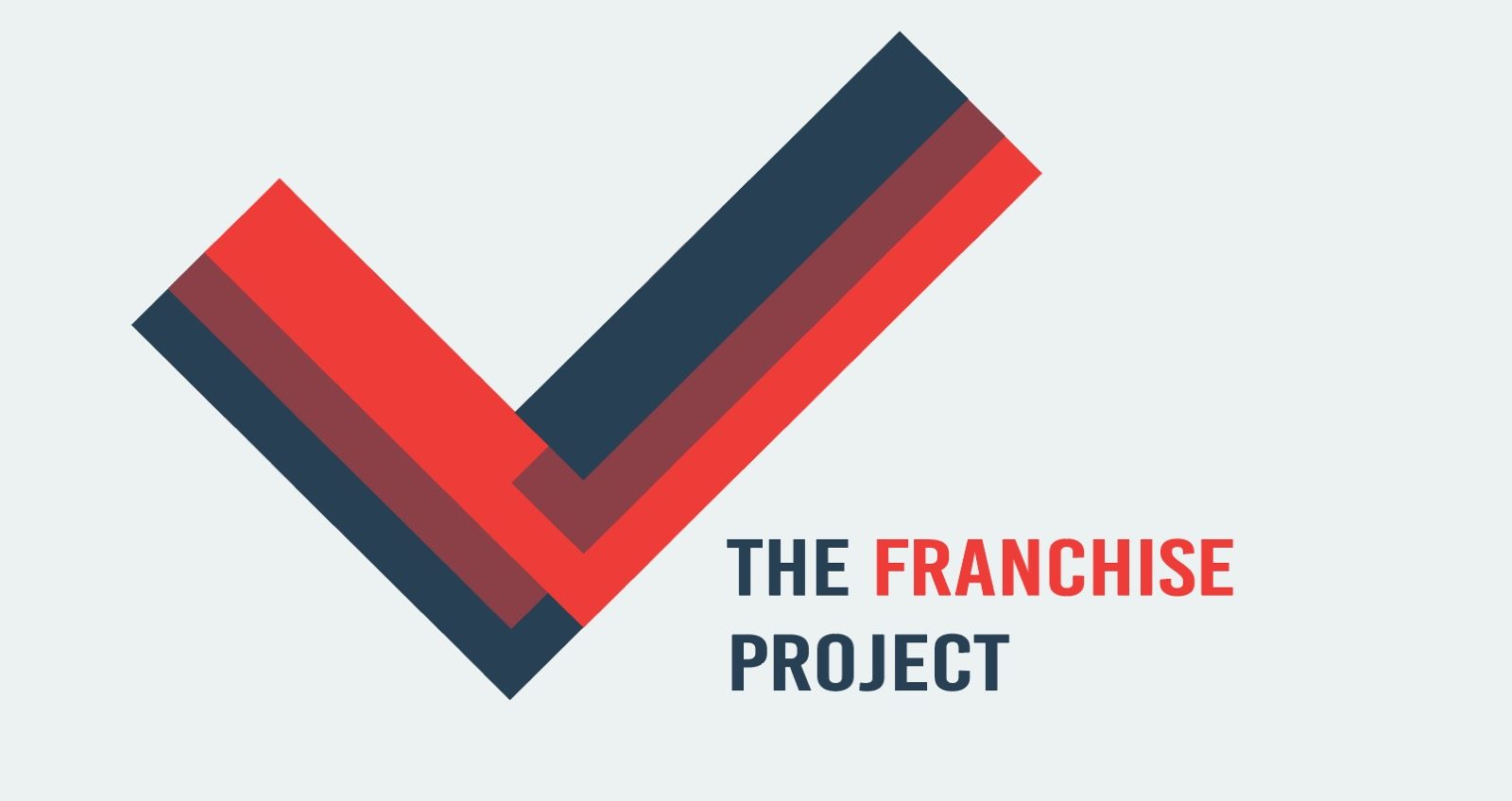The Franchise Project (TFP) aims to educate, excite, and empower grassroots activists to engage in effective voting rights advocacy at the local level. We provide up-to-date information about local election laws so citizens can see how their states perform, and offer state-specific actions everyone can take today to make voting easier in your community.
Want to say hi or reach us? Email info@thefranchiseproject.com
Want to sign up? Go to https://thefranchiseproject.com/updates/
#1 What we do
The Franchise Project EDUCATES, EMPOWERS, and CONNECTS voting rights activists with the goal of creating a movement to make voting easier in every state.
Education: We provide useful, accessible information about voting rights and voting access. Our 50-State Voting Access Scorecard informs citizens about their local voting laws, provides rankings that highlight top and bottom performing states, and shows how every state can making voting easier. In short, it provides a nationwide blueprint to focus voting rights activists’ energy on the most important opportunities to make voting easier in their communities. Our blog offers more in-depth analysis of voting rights issues and news, spotlights voting rights work happening across the country, and conducts interviews with practitioners.
Empowerment: We offer specific ways people in each state can take action today that will make voting easier, based on their state’s biggest challenges. Many people think that voting rights is largely a federal issue, and may therefore feel like there is little that they personally can do to affect it. We explain how most election laws and decisions are made at the city, county, and state levels — places where a small number of dedicated citizens can have a huge impact.
Connection: We know that individual actions are strong, but collective actions are even stronger. We hope that TFP will become a platform for voting rights advocates to find each other, coordinate, and collaborate. We’re still figuring out exactly what this means, but we will be offering opportunities for people and organizations to share the actions they’re taking and invite others to join them. We’ll also be finding people who would like to become local leaders, who agree to hold conference calls and in-person meetups where like-minded citizens can come together to meet each other and plan voting rights activities in their community.
#2 Why we do it
Voting is a fundamental right that should be easy for everyone. But today, it’s not.
Through our voter protection work on multiple elections across the country, we saw how state voting laws and local election administrator decisions can disenfranchise voters or make voting unnecessarily hard — and few people seemed to realize what was happening until it was too late to do anything about it. After the election (when improving voting access through federal channels became nearly impossible), we knew there was a great deal of progress to be made at state and local levels to make it easier for people to vote. We were so excited to see the groundswells of new activist energy, but also feared that people would become disheartened with how hard and slow it is to change things nationally. We decided to encourage people to channel their voices into local activism where they could make a greater difference and see tangible results much faster.
This work became all the more urgent with the launch of President Trump’s so-called “voter fraud” commission. The commission’s unstated goal is to uncover “evidence” for his claim that three million people voted illegally in 2016 and thereby provide a pretext to change the laws to make voting harder and purge voters from the rolls. Leading the commission’s efforts is Kansas Secretary of State Kris Kobach, who has made a career on erecting barriers to make voting more difficult.
In late June, Kobach sent a letter to the Secretaries of State in all 50 states and the District of Columbia, asking them to compile and send extensive data on their voters (including names, addresses, dates of birth, social security numbers, and political party affiliation). He’s trying to implement a national version of his Kansas-based interstate crosscheck system, where he compares the names in different state databases to find duplicate voters and registrations. But his system famously generates enormous numbers of false positives, so much so that states have started to withdraw from it. And this is just the first act of what will likely be an ongoing effort by the Commission to make voting harder across America.
#3 Long term goals
We aim to build a national network of grassroots voting rights activists in every city and state. We want to connect these advocates with each other so they can accomplish big things together. And we want to help people find out about how they can join in the amazing work already being done by local voting rights organizations across the country. We hope that citizens will come together to create their own local agendas to improve voting rights in their city or state, and execute on those agendas. And one day, voting will be easy, for every American, regardless of where they live, what language they speak, what disability they have, what ethnic background they come from, or the color of their skin.
